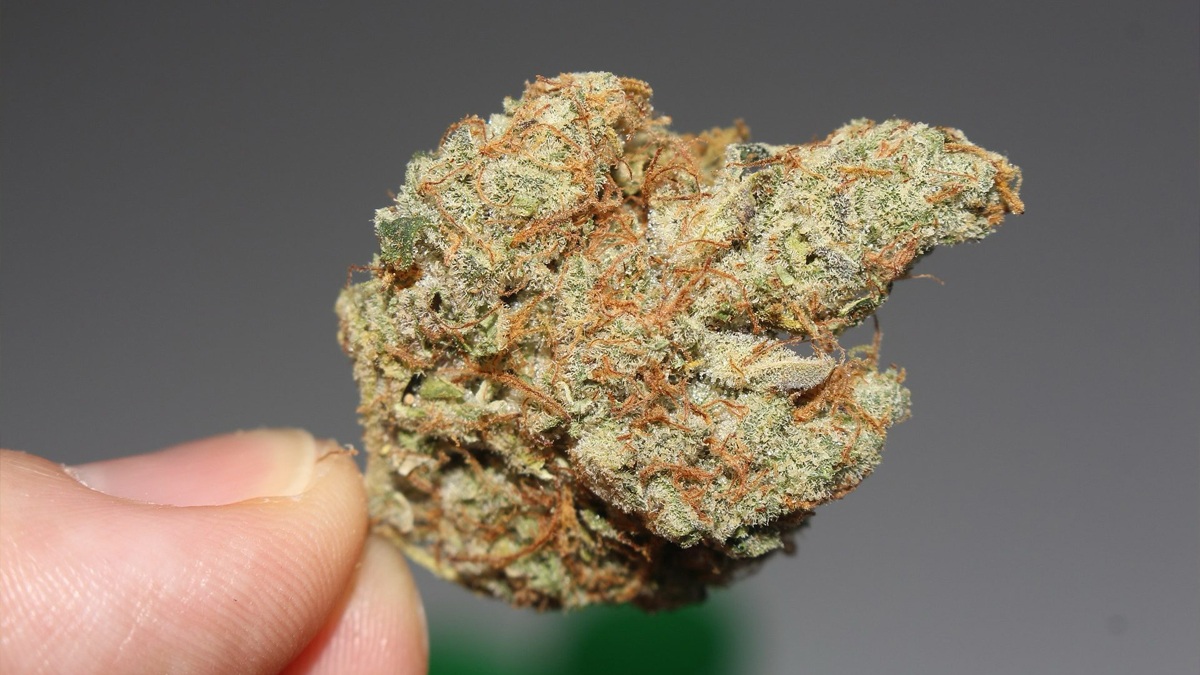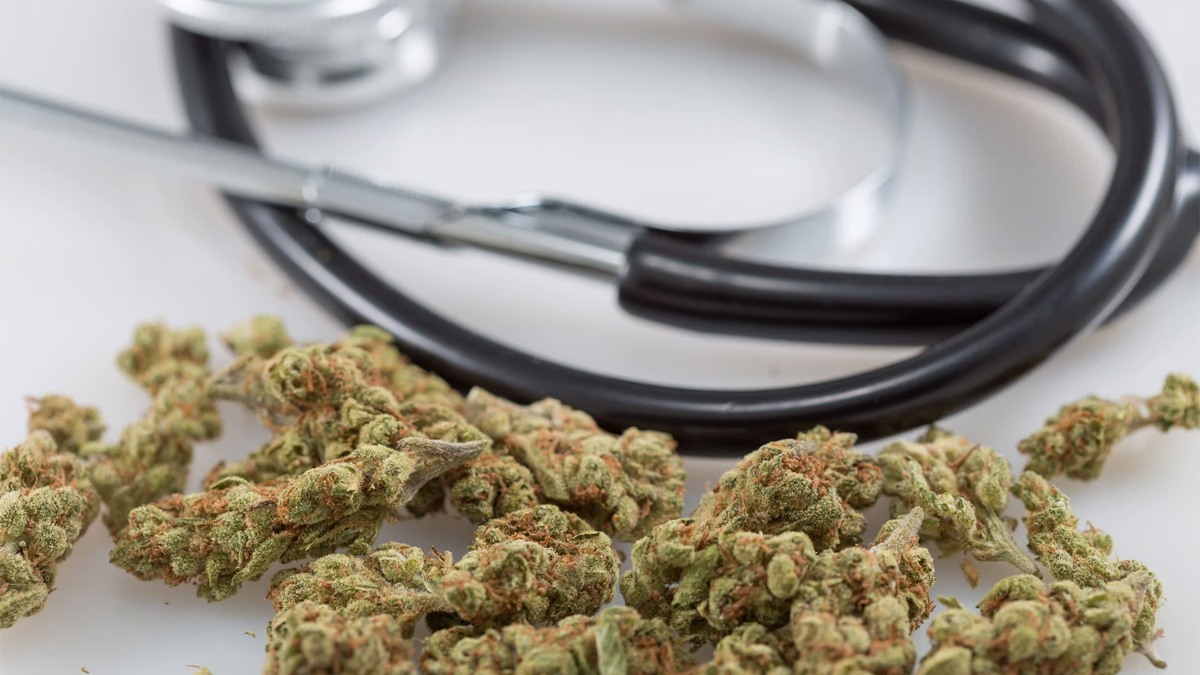
Researchers looking into the effects of medical marijuana use on brain processes say in a new federally funded paper published by the American Medical Association that cognitive attributes such as working memory, reward and inhibitory control were not significantly affected after a year of cannabis consumption.
The results appear to run contrary to long-held stereotypes about marijuana negatively affecting memory and other brain health indicators.
“Our results suggest that adults who use cannabis, generally with light to moderate use patterns, for symptoms of pain, anxiety, depression, or poor sleep, experience few significant long-term neural associations in these areas of cognition,” says the study, funded by the National Institute on Drug Abuse (NIDA) and published this week in the journal JAMA Network Open.
Researchers recruited 57 newly certified medical marijuana patients from the greater Boston area and used functional magnetic resonance imaging (fMRI) to monitor brain activity during a variety of mental tasks. Participants’ brains were then scanned again after a year of medical cannabis use to look for changes in activity.
“In all groups and at both time points, functional imaging revealed canonical activations of the probed cognitive processes,” the report says. “No statistically significant difference in brain activation between the 2 time points (baseline and 1 year) in those with medical cannabis cards and no associations between changes in cannabis use frequency and brain activation after 1 year were found.”
“In this cohort study of adults obtaining [medical cannabis cards] for medical symptoms, brain activation during working memory, reward processing, and inhibitory control tasks was not significantly different after year-long cannabis use and no association with changes in cannabis use frequency was noted. Our results suggest that adults who use cannabis, generally with light to moderate use patterns, for symptoms of pain, anxiety, depression, or poor sleep, experience few significant long-term neural associations in these areas of cognition.”
The results may be reassuring to cannabis patients who choose to use medical marijuana but have concerns about longer-term health risks. Nevertheless, further studies ar necessary to more closely study certain variables, the researchers said.
“The results warrant further studies that probe the association of cannabis at higher doses, with greater frequency, in younger age groups, and with larger, more diverse cohorts,” wrote the three-author team from Harvard Medical School, MIT’s McGovern Institute for Brain Research and the University of Pennylvania School of Engineering and Applied Science.
The new findings come several months after separate research indicated that “prescribed medical cannabis may have minimal acute impact on cognitive function among patients with chronic health conditions.”
“The absence of evidence for cognitive impairment following medical cannabis self-administration was surprising,” that study said, “given prior and substantive evidence that non-medical (‘recreational’) cannabis use reliably impairs a range of cognitive functions. At the same time, these findings are consistent with two systematic reviews published in the last year that suggest that medical cannabis, when used regularly and consistently for a chronic health concern, may have little if any impact on cognitive function.”
While the long-term effects of cannabis use are far from settled science, findings from a number of recent studies suggest some fears have been overblown.
A report published last year that drew on dispensary data, for instance, found that cancer patients reported being able to think more clearly when using medical marijuana. They also said it helped manage pain.
A separate study of teens and young adults at risk of developing psychotic disorders found that regular marijuana use over a two-year period did not trigger early onset of psychosis symptoms—contrary to the claims of prohibitionists who argue that cannabis causes mental illness. In fact, it was associated with modest improvements in cognitive functioning and reduced use of other medications.
“CHR youth who continuously used cannabis had higher neurocognition and social functioning over time, and decreased medication usage, relative to non-users,” authors of that study wrote. “Surprisingly, clinical symptoms improved over time despite the medication decreases.”
A separate study published by the American Medical Association (AMA) that looked at data from more than 63 million health insurance beneficiaries found that there’s “no statistically significant increase” in psychosis-related diagnoses in states that have legalized marijuana compared to those that continue to criminalize cannabis.
Studies from 2018, meanwhile, found that marijuana may actually increase working memory and that cannabis use doesn’t actually change the structure of the brain.
And, contrary to then-President Trump’s claim that marijuana makes people “lose IQ points,” the National Institute of Drug Abuse (NIDA) says the results of two longitudinal studies “did not support a causal relationship between marijuana use and IQ loss.”
Research has shown that people who use cannabis can see declines in verbal ability and general knowledge but that “those who would use in the future already had lower scores on these measures than those who would not use in the future, and no predictable difference was found between twins when one used marijuana and one did not.”
“This suggests that observed IQ declines, at least across adolescence, may be caused by shared familial factors (e.g., genetics, family environment), not by marijuana use itself,” NIDA concluded.
Ben Adlin via (https://www.marijuanamoment.net/marijuana-use-does-not-impact-working-memory-and-other-brain-processes-american-medical-association-study-finds/)
Keep out of reach of children. For use only by adults 21 years of age and older.










